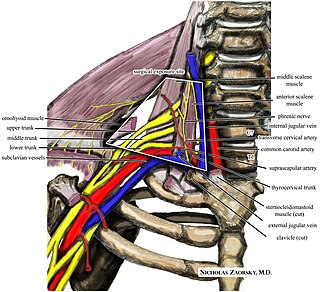 W
WA medical illustration is a form of biological illustration that helps to record and disseminate medical, anatomical, and related knowledge.
 W
WBetsy Bang née Garrett (1912–2003) was an American biologist, scientific and medical illustrator. She also translated folk tales from Bengali to English. Her scientific work was notable for her finding that many bird species have a sense of smell, a question that had long remained unsettled. Her works included Functional Anatomy of the Olfactory System in 23 Orders of Birds, published in 1971.
 W
WMadeleine Françoise Basseporte, was a French painter. From 1741 until her death, she served as the Royal Painter for the King's Garden and Cabinet, an unprecedented appointment for a woman artist at the time.
 W
WDavid Bolinsky is a former lead medical illustrator at Yale. He is a co-founder of XVIVO, which produced the movie The Inner Life of the Cell.
 W
WWilliam Francis Victor Bonney FRCP FRCS was a prominent British gynaecological surgeon. He was described by Geoffrey Chamberlain as "a primary influence on world gynaecology in the years between the wars".
 W
WMax Brödel was a medical illustrator. Born in Leipzig, Germany, he began his artistic career after graduating from the Leipzig Academy of Fine Arts, working for Dr. Carl Ludwig. Under Ludwig's instruction, Brödel gained a basic knowledge of medicine and became recognized for his detailed medical illustrations. In the late 1890s, he was brought to the Johns Hopkins School of Medicine in Baltimore to illustrate for Harvey Cushing, William Halsted, Howard Kelly, and other notable clinicians. In addition to being a prolific medical illustrator, he developed new artistic techniques such as the carbon dust technique that helped the advancement of the quality and accuracy of medical illustrations for physicians. In 1911, he presided over the creation of the first Department of Art as Applied to Medicine; located at the Johns Hopkins School of Medicine, it continues to train medical illustrators to this day. His graduates spread out across the world, and have founded a number of other academic programs.
 W
WJan Steven van Calcar was a German-born Italian painter.
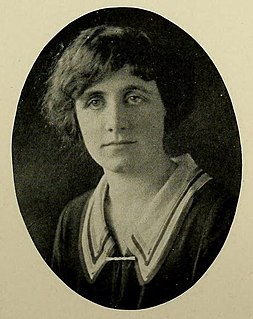 W
WMildred B. Codding was an American medical illustrator. Her illustrations are featured in numerous textbooks and academic journal articles.
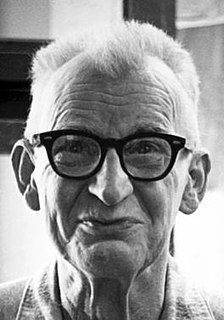 W
WLee Brown Coye was an American artist.
 W
WJulie Dorrington, aclinical photographer, was one of the founder members of the Institute of Medical Illustrators.
 W
WGeorges Marie Dupuy was a French physician and medical illustrator known for The Stretcher Bearer (1915), and his drawings for Baillière's atlases of the male and female body and for Comyns Berkeley's Atlas of Midwifery (1926).
 W
WAnton Elfinger was an Austrian physician and illustrator.
 W
WFrank Kelly Freas was an American science fiction and fantasy artist with a career spanning more than 50 years. He was known as the "Dean of Science Fiction Artists" and he was the second artist inducted by the Science Fiction Hall of Fame.
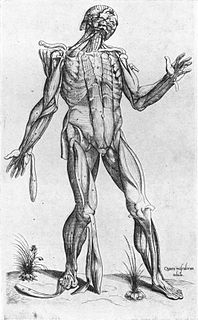 W
WThomas Geminus, was a pseudonym for the Flemish refugee Thomas Lambrit/Thomas Lambert, an engraver and printer, active from the 1540s in London, and noted for his 1545 Latin work, Compendiosa totius anatomie delineatio, aere exarata printed by John Herford. Geminus started work in England by working with Thomas Raynalde and producing "The byrth of Mankinde" aka "The Woman's booke" in 1545.
 W
WPhoebe Louise Adams Gloeckner, is an American cartoonist, illustrator, painter, and novelist.
 W
WFranz Eduard von Heuss was a German painter and lithographer.
 W
WGarnet Wolesey Jex was an American artist and historian. Born in Kent, Ohio, he moved with his family to Washington, D.C., at the age of four. He remained in the Washington area until his death.
 W
WGraham Johnson is an animator, illustrator and, beginning in 2012, faculty fellow at the California Institute for Quantitative Biosciences. He has a master's degree in medical illustration from Johns Hopkins, and a PhD in biophysics from Scripps. After graduating from Johns Hopkins and while working at the Salk Institute, he illustrated the textbook Cell Biology.
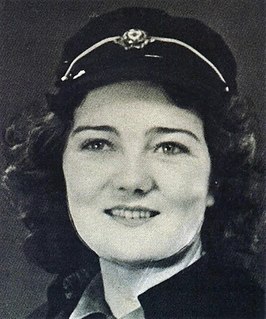 W
WMary Evelyn Lentaigne is a British former medical artist and Red Cross Voluntary Aid Detachment nurse who worked at the Queen Victoria Hospital, England, during the Second World War. She is known for the drawings she made there of the surgical procedures of New Zealand plastic surgeon Archibald McIndoe who was working on injured servicemen. Around 300 of her drawings are held by the East Grinstead Museum where they form the Mollie Lentaigne Collection.
 W
WFrank Henry Netter was an American surgeon and medical illustrator. The first edition of his Atlas of Human Anatomy — his "personal Sistine Chapel" — was published in 1989; he was a fellow of the New York Academy of Medicine where he was first published in 1957.
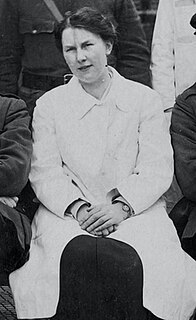 W
WDulcie Mary Pillers was an English medical illustrator and founding member of the Medical Artists' Association of Great Britain (MAA). The daughter of a Bristol solicitor, she completed her art training at Kensington Government School of Art, Berkeley Square, Clifton, Bristol, graduating in September 1911 with an Art Class Teachers' Certificate. At the end of the First World War, she was a medical illustrator to Ernest William Hey Groves, a well-known orthopaedic surgeon, at Beaufort War Hospital, a military orthopaedic centre at Stapleton, Bristol. After the armistice, she completed numerous pen and watercolour illustrations of operations at the Ministry of Pensions Hospital, Bath, and Southmead Hospital, Westbury-on-Trym. She also produced illustrations for papers written by medical colleagues at Bristol General Hospital.
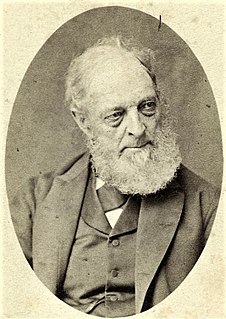 W
WObadiah Short was an amateur British painter of landscapes. He is associated with the Norwich School of painters, which was the first provincial art movement in Britain. He wrote a detailed account of his childhood memories and produced accurate paintings of Norwich scenes, both of which have provided historians with a record of the city he lived in all his life.
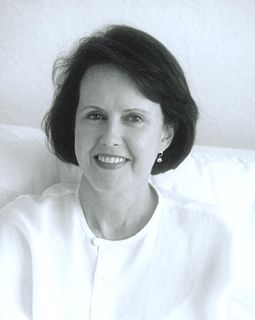 W
WDiane Stanley is an American children's author and illustrator.
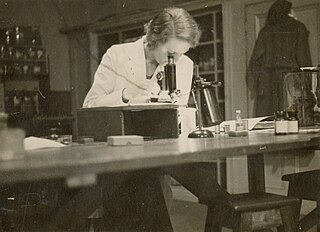 W
WZita Mary Stead Blackburn (1904-1986) was a medical illustrator and one of the founders of the Medical Artists Association of Great Britain.
 W
WHenry Tonks, FRCS was a British surgeon and later draughtsman and painter of figure subjects, chiefly interiors, and a caricaturist. He became an influential art teacher.
 W
WMichael Whelan is an American artist of imaginative realism. For more than 30 years, he worked as an illustrator, specializing in science fiction and fantasy cover art. Since the mid-1990s, he has pursued a fine art career, selling non-commissioned paintings through galleries in the United States and through his website.
 W
WAnna Katrina Zinkeisen was a Scottish painter and artist.